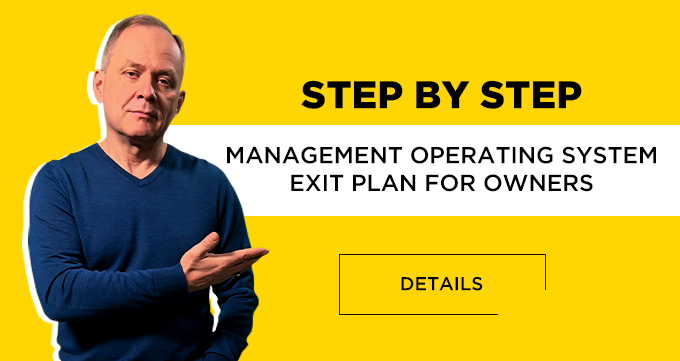Bad First Business Ideas
I regularly hear the same phrase: "I want to start a business with minimal investment." I've started from scratch myself many times, made mistakes, and corrected them. The conclusion I've come to is simple. Having a lot of money at the start is not the deciding factor for success. It's much more important to understand the market, choose the right format, and, of course, have discipline.
Below, I'll take a detailed look at various fields, their risks, and suggest clear steps. This is my no-nonsense view on entrepreneurship.
Marketplaces
Creating a product listing, adding a few photos, and launching a small advertising campaign often seem like an easy solution. However, in reality, a single product can easily get lost among a multitude of offers. To successfully promote a single item, significant advertising budgets are needed, and the maximum risk occurs when all efforts are focused on one product.
Professional Services
Fields like design, video production, copywriting, and production thrive thanks to one outstanding specialist. However, when you try to scale the business without clearly defined processes, quality inevitably drops. Although artificial intelligence can speed up production, it can't clone experts. This is why, without a well-thought-out service delivery technology, the entire business rests on one "star," which is a dead end for growth.
Expert Business Services
A high price in this field is paid for a stable and predictable result, not for the personal charisma of the performer. To turn expertise into a full-fledged business, you need to "technologize" the service. This includes defining stages, distributing roles, setting metrics, and ensuring quality control. In our case, this process took five to six years, but today, a team of over 200 people ensures predictable results. This is what true scaling is.
Franchises
Often, franchisors promise a brand, standards, and comprehensive training, but in reality, they often only sell a "packaged successful location" without an active management team or adequate support. The numbers in presentations can be inflated. So, always ask for contacts of current partners and their financial reports. Carefully check which franchisors actually provide help in starting and developing a business.
Cafes and Restaurants
A beautiful interior quickly "eats up" cash, and the flexibility of such a business becomes almost zero. Correcting a mistake in location choice is expensive and takes a long time. Any drop in foot traffic immediately impacts the cash register. This format is extremely dangerous for a first-time start. It's much wiser to choose mobile models where testing hypotheses is cheaper and faster.
Mass-Market Offline Retail
One successful storefront can indeed take off, but scaling it to a neighboring district often fails. This is due to pressure from large chains and the growth of online commerce. A viable alternative might be logistics niches that don't have a rigid tie to a specific address. In general, a diverse product range and a wide geographic area provide freedom in finding profitability.
"Revolutionary" Ideas
A new product or service usually comes with additional technical risks and a barrier to customer behavior. People are very reluctant to buy unfamiliar things without a long period of warming up and building trust. Budgets allocated for market education burn out quickly, so it's much more reliable to focus on "boring" but in-demand services where demand is already established. In such fields, selling is significantly easier, and competition is more honest.
Taxi Fleets and Short-Term Real Estate Rentals
On paper, these business models look attractive. However, in real life, you face downtime, high wear and tear on the vehicle fleet, and routine service maintenance. Aggregators significantly reduce the margin, and short-term rentals essentially turn into a mini-hotel, requiring employee hiring and 24/7 management. In the end, a recalculation of real costs quickly shatters any rose-tinted glasses.
Online Education Without Strong Expertise
Ten years ago, this model worked more easily. Today, consumers buy educational products from practitioners with real-world case studies. Promoting such courses is expensive, and creating quality content requires significant effort. A well-developed methodology and effective support are needed. Without a solid offline foundation and proven results, this business rarely pays for itself. It's better to choose a service with repeat demand—this is more likely to lead you to profit.
What to Do With a Small Budget
- Look for a market with consistent demand but no clear leader. For example, cleaning or "handyman" services are great options. A steady stream of clients will provide you with a stable income.
- Formulate an offer that's impossible to refuse. It should be short, clear, and promise a specific result within a clear timeframe.
- Create a simple landing page with a request form.
- Use social media advertising and arrange for partner recommendations.
- Fulfill 5-10 orders yourself. This will help you understand all the nuances of the process and build trust.
Remember that any idea needs to be tested. Launch an inexpensive pilot to make sure it's viable. The most important thing is to set up your processes: standards, checklists, and quality control. I talk about all of this in more detail at my master class "How to strengthen your team, fortify your business foundation, and reach a new level." You can register at the link: https://go.bbooster.online/p4xu

